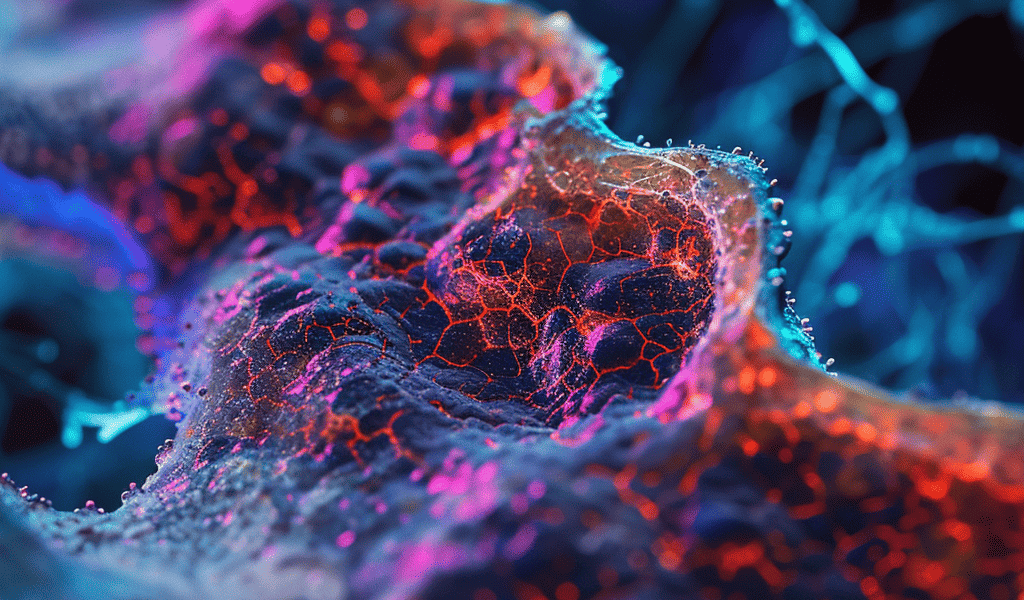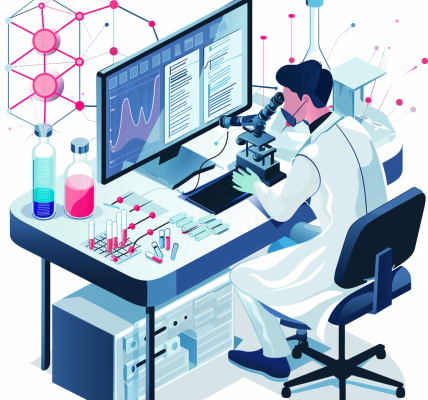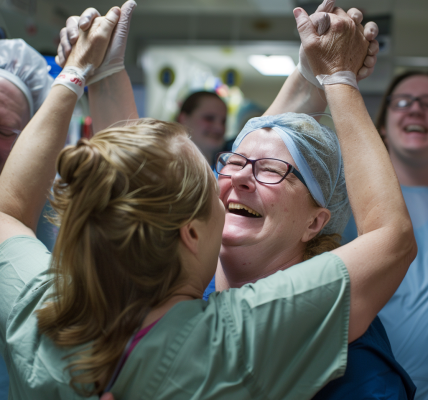Cambridge lab researchers have made a groundbreaking advancement in the study of pre-eclampsia by growing ‘mini-placentas’ in a laboratory setting. This development could potentially lead to a better understanding of the condition, which affects about six in 100 first pregnancies.
The initiative, led by Prof Ashley Moffett from Cambridge University, involved collaboration with colleagues from the Friedrich Miescher Institute in Basel, Switzerland, and the Wellcome Sanger Institute in Cambridge. The team utilized the ‘mini-placenta’ as a cellular model to gain insights into the early stages of placenta development, aiming to enhance comprehension of reproductive disorders.
According to Prof Moffett, the success of a pregnancy hinges on the placenta’s development during the initial weeks of gestation. She explained, ‘Most of the major disorders of pregnancy – pre-eclampsia, still birth, growth restriction, for example – depend on failings in the way the placenta develops in the first few weeks.’ This critical period, often referred to as a ‘black box of human development,’ has posed challenges for researchers due to the complexity of studying it.
Dr Margherita Turcom from the Friedrich Miescher Institute emphasized the significance of understanding pre-eclampsia, a condition that causes high blood pressure during pregnancy, typically after 20 weeks. She stated, ‘Despite affecting millions of women a year worldwide, we still understand very little about pre-eclampsia.’ The study, which was supported by Wellcome and the Royal Society, was published in the scientific journal Cell Stem Cell.





